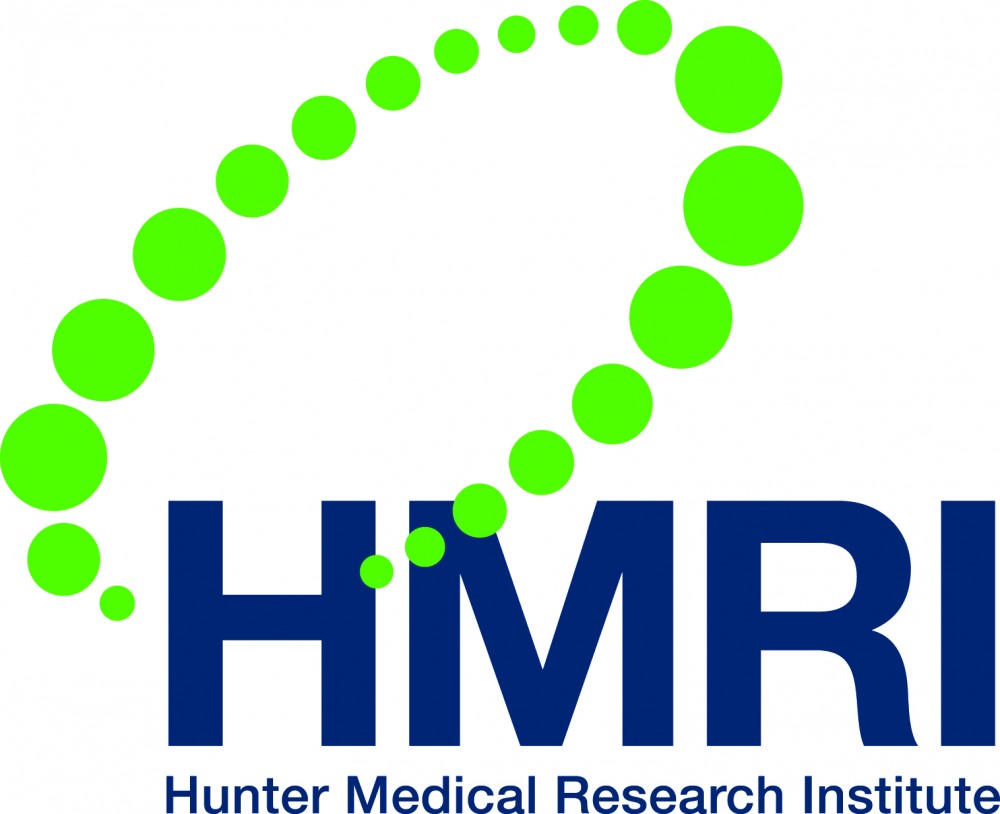An overhaul of Australia’s alcohol tax system would potentially bring both health and economic gains, according to research conducted by HMRI Health Economist Professor Chris Doran.
The study, published online in the Medical Journal of Australia, compares four options for tax reform in the $30 billion alcohol industry and the benefits that would flow from each.
“The current alcohol tax system is incoherent and our findings show that any of the changes would be a highly cost-effective health care intervention,” he said.
“One of the most effective options is to abolish the value-based Wine Equalisation Tax (WET) system and replace it with a volumetric tax, which is how beer and spirits are already taxed.”
“Under the current regime a standard drink of spirits, either straight or pre-mixed, attracts tax of 98 cents, whereas a four-litre cask of wine costing $11 is taxed at just 8 cents per standard drink ‚Äì that’s cheaper than water.”
“Taxing by volume would increase the price of a standard glass of this cask wine from around $2.45 to $2.88, boosting Federal Government taxation revenue by $1.32 billion, reducing health care costs by $820 million and saving lives.”
Social costs of alcohol abuse have been estimated to exceed $15 billion.
The National Alliance for Action on Alcohol (NAAA), a group comprising health researchers and clinicians, has supported the latest findings, saying that international health studies had previously shown the effectiveness of taxation in reducing problem drinking in the population.
Executive Officer and co-author of the research, Brian Vandenberg, said alcohol extracted an enormous toll on the community, causing unnecessary deaths, diseases and injuries that could be prevented.
“This research shows that alcohol tax reform is a potential win-win for the Federal Government,” Brian said.
“Fixing Australia’s alcohol taxation system will not only yield revenue for the Government and savings to the health system, it will also prevent an enormous amount of the avoidable social and health problems that alcohol causes.”





